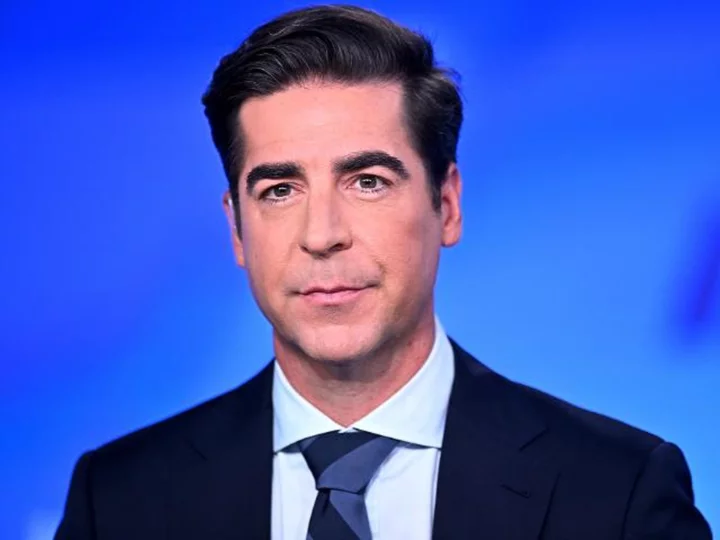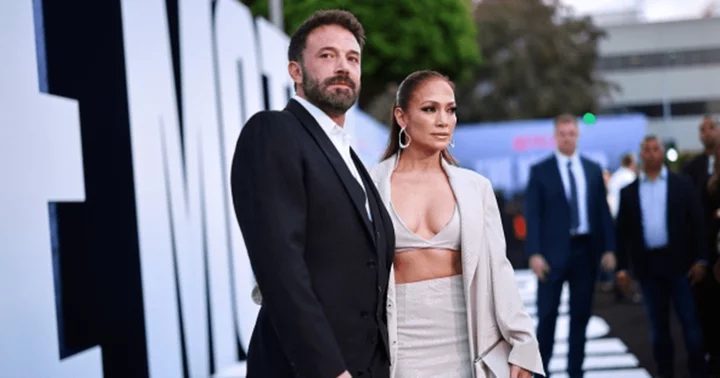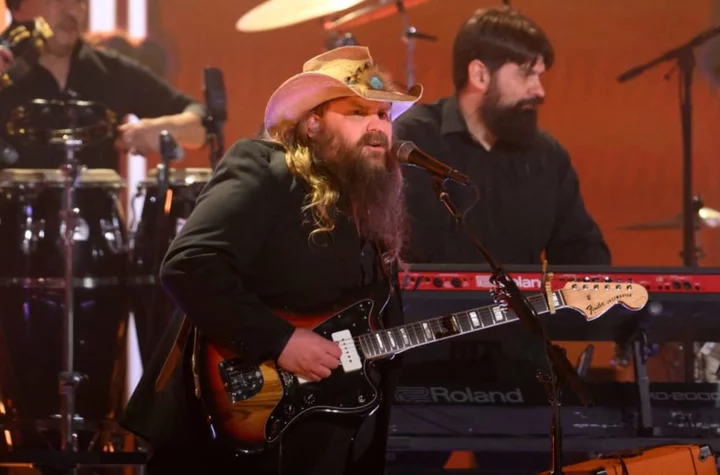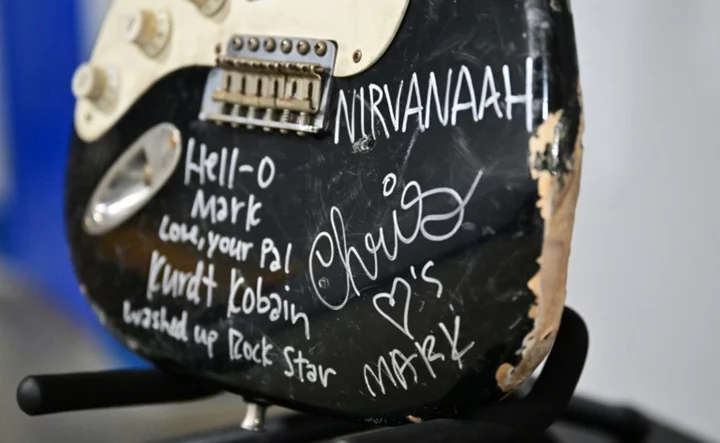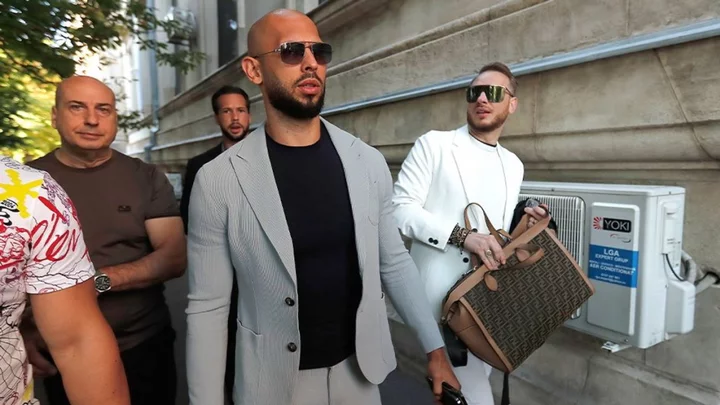From Bruce Willis to Emilia Clarke, 8 celebrities who suffer from aphasia
At times, you're as mentally agile as a tank, but suddenly, you can't speak your thoughts or understand words. The condition is known as aphasia, a cognitive condition that disrupts the capacity to process or comprehend language. The debilitating illness has affected several celebrities and their careers. This neurological disorder can arise from various causes such as strokes, acute trauma — such as a gunshot wound, or neurodegenerative disorders. Let's delve into the tales of eight celebrities who bravely live with their aphasia diagnosis.
Bruce Willis
Bruce Willis, widely recognized for 'Die Hard,' opted to step back from his career after being diagnosed with aphasia at 67. The news was first reported by his ex-wife, Demi Moore. "Our beloved Bruce has been experiencing some health issues and has recently been diagnosed with aphasia, which is impacting his cognitive abilities," she posted on Instagram. "As a result.. Bruce is stepping away from the career that has meant so much to him. As Bruce always says, ‘Live it up,’ and together we plan to do just that."
Sharon Stone
The 'Basic Instinct' actress at age 43, collapsed at home due to a brain aneurysm and faced subsequent cerebral bleeding for nine days in September 2001. After leaving the hospital, Sharon Stone couldn't read and had trouble speaking, even stuttering, causing her career to come to a halt. "I became more emotionally intelligent," the Oscar nominee told ABC. "I chose to work very hard to open up other parts of my mind. Now I’m stronger. And I can be abrasively direct. That scares people, but I think that’s not my problem. It’s like, I have brain damage; you’ll just have to deal with it."
Randy Travis
The Grammy winner was hospitalized with viral cardiomyopathy, a virus that attacks the heart, he suffered a stroke in 2013. This caused him to lose the ability to talk and understand language. In his 2019 memoir, 'Forever and Ever, Amen: A Memoir of Music, Faith, and Braving the Storms of Life,' he talked about his struggle with aphasia. “When we first returned home, I could barely speak at all. We spent three months in speech therapy before I learned to say the letter 'A.' Eventually, after about a year and a half, I could say 'yup,' 'nope,' and 'bathroom.' I could also say 'I love you' and a few other phrases but not much more. All this was extremely frustrating for me; I felt like I was trapped inside the shell of my body.”
Gabby Giffords
Congresswoman Gabby Giffords was at an event in Tucson, Arizona, in January 2011, when a shooter took aim at her, wounding her in the head. Because of her aphasia, Giffords had trouble speaking for years, but she could still sing songs she knew from before she was almost died. This is because the left side of the brain controls language, and the right side for singing. She worked hard to get better and can now read speeches, which she demonstrated at the 2016 Democratic National Convention. After leaving Congress, Gabby and her husband, astronaut Mark Kelly, started a group called 'Giffords'. The anti-gun-violence organization aims to advocate for practical laws to address the issue of gun violence.
Emilia Clarke
Right after the first season of 'Game of Thrones' in 2011, Emilia Clarke was exercising with her trainer when she got a really painful headache that she compared to an elastic band squeezing her brain. The "Mother of Dragons" suffered a unique kind of stroke called subarachnoid hemorrhage due to brain bleeding. After the stroke, she couldn't even remember her name, and "instead, nonsense words tumbled out of my mouth and I went into a blind panic. I’d never experienced fear like that, a sense of doom closing in,” she wrote in an essay for The New Yorker. Her aphasia got better in a week, but she still had a fear of not being able to communicate.
Mark McEwen
Mark McEwen, a well-known weatherman who covered awards shows, Olympics, and interviewed five US presidents, suffered a stroke in 2005. He detailed his long recovery in a book titled 'Change in the Weather: Life After Stroke' and has since become an advocate for stroke awareness. McEwen shared how singing songs by Stevie Wonder and the Beatles helped him speak better after dealing with aphasia. “At first I struggled a bit with aphasia, but I was one of the lucky ones and that slowly went away,” he wrote on his website.
Michael Hayden
The four-star general was in charge of the NSA during the Clinton and George W. Bush eras and later directed the CIA under Bush and Barack Obama. He had a stroke just before Thanksgiving in 2018. After the stroke, General Michael Hayden couldn't read, and he relearned the alphabet from his 4-year-old grandson. Despite his intelligence remaining unchanged, he permanently lost the ability to read and write. “I am grateful my memory is strong. I am grateful to be a part of an aphasia study at Georgetown and for my therapists who have helped me come so far... With every conversation I become stronger,” reported CNN.
Dick Clark
The late Dick Clark, the famous host of 'American Bandstand,' experienced aphasia after a stroke in December 2004, which left him paralyzed on his right side and took away his ability to say his signature sign-off, "For now, Dick Clark — so long!" Despite this, Clark returned to co-host the New Year’s celebration the next year and continued doing so until he passed away in 2012. “Dick Clark announced to the world that people can have strokes and still continue to function,” said Robert Thompson, PhD, the director of the Bleier Center for Television and Popular Culture at Syracuse University, in an interview with Los Angeles Times.



